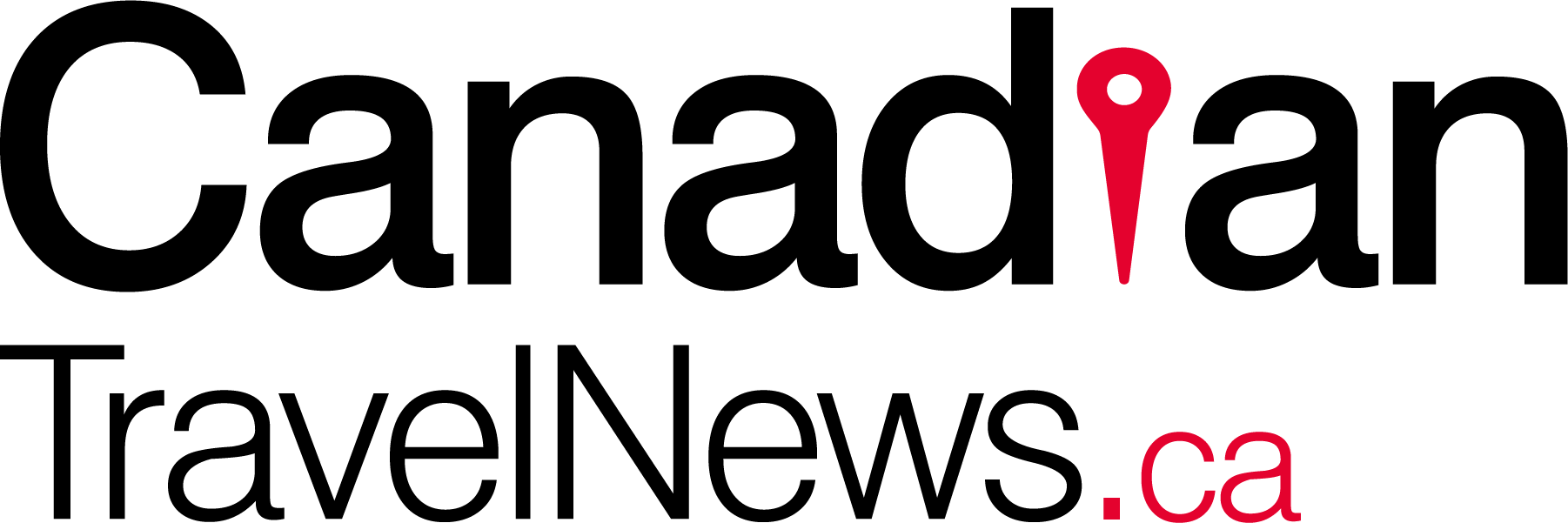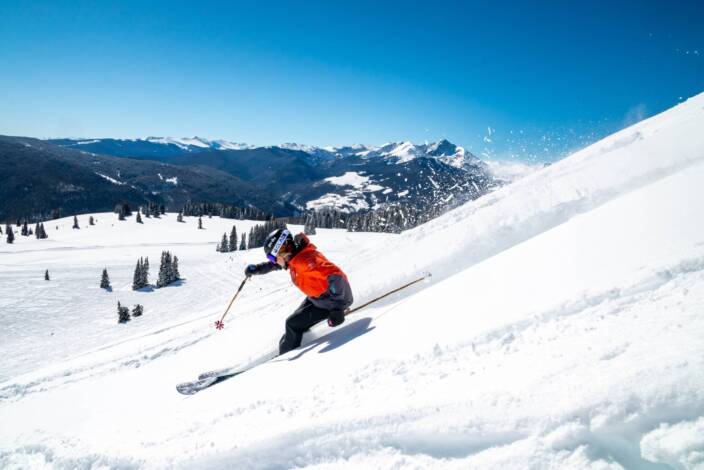
Ontario To Move Ahead With 20% Travel Incentives to Promote Local Vacations
December 17, 2020 Jim Byers
Ontario will go ahead with its plan to offering travel incentives for provincial residents who take vacations in their own back yard.
Lisa Macleod, Minister of Heritage, Sport, Tourism and Culture Industries in the Doug Ford government, issued a white paper on Thursday that lays out a five-year plan for helping restore tourism and other areas in her jurisdiction.
The paper says a travel incentive will be offered this year “to encourage hyperlocal tourism that reconnects Ontarians with each other and to their communities when it is safe to do so. Through Ontario’s Action Plan: Protect, Support, Recover, Ontario is committing to provide Ontario residents with support of up to 20% for eligible Ontario tourism expenses to encourage them to safely discover Ontario in 2021, the year of the Ontario staycation.”
Macleod said Queen’s Park is setting aside $150 million for the initiative and will be consulting with stakeholders about the details.
“Providing a travel incentive will help encourage Ontarians to choose travel within Ontario and explore their own backyard” and support local businesses, she said.
“I think we’ll start seeing that money and we’ll start seeing it circulate across the province,” she said in a Zoom chat with a dozen media on Thursday, including Canadian Travel News.
To kick start tourism in Ontario, Destination Ontario in partnership with the RTOs and other tourism organizations also will develop a plan to attract tourists to the province through our gateway cities – Ottawa and Toronto – and to Ontario’s unique rural and remote tourism offerings. They will also be tasked with helping operators build a competitive and ambitious 365-day, year-round suite of products to ensure tourism opportunities in every Ontario season,” she said.

“To remain globally competitive, we will create tourism trails to profile Indigenous, LGBTQ+ and Francophone tourism, enhance craft and culinary experiences, develop film and television, music, playhouse, and festival and event experiences. The Ministry invites all partners in all sectors of the Ministry to participate in this exciting opportunity. “
Beth Potter, President and CEO of the Tourism Industry Association of Ontario, said she looks forward to working with Macleod.
“The key areas outlined in the paper should lead to great discussion and the formation of ideas and plans that will lead to a five-year plan for the recovery of our collective heritage, sport, tourism and culture industries,” she told Canadian Travel News.
Macleod said Ontario recently launched a $9 million campaign to support local tourism. Some observers have suggested the ministry is encouraging tourism at a time when health officials suggest provincial residents stay home. But Macleod said that’s not the case.
“We’re not asking people to go from Ottawa to Brockville. What we’re asking people to do is dial in for delivery from your local restaurant.”
Macleod said she also wants to work with the Metro Toronto Convention Centre and Ottawa’s Shaw Centre, “to bring business travel and conventions back to our national and provincial capitals in a post-COVID environment. We will continue to stabilize their operations with an eye to compete for global events and conventions when it is safe to do so.”
The minister said Destination Canada public opinion research suggests Ontarians continue to feel hesitant about the safety of travelling to cities and towns outside of their region. Willingness to welcome visitors travelling to their community is also low.

The paper points to research that shows only 31% of Canadians feel its safe to stay at a hotel and only 19% feel it’s safe to take a flight. As well only 12% of Canadian feel comfortable attending in-person events.
The white paper says hotels have been crushed by the pandemic.
“The hardest hit areas this year are downtown Toronto and Niagara Falls, where the average hotel occupancy rate for the first three quarters of 2020 was 26.2% and 29.1%, respectively.”
Macleod said she wants Ontario to compete for global festivals, events and conferences, including international sport competitions such as the 2026 FIFA Men’s World Cup, while enhancing programming in our communities
The white paper says the tourism sector has become a driving force of economic activity. In 2017, tourism receipts in Ontario reached $36.1 billion, supporting more than 401,000 jobs across the province.
“When the COVID-19 outbreak began, Ontario’s heritage, sport, tourism and culture industries were among the first and hardest hit,” the minister said. “They’re expected to take the longest to recover,” perhaps as long as five years.

“These are “high-touch” sectors that depend on gatherings of people. Live musicians and theatre companies, arts and cultural festivals, all depend on audiences and the participation of large crowds. Sport leagues and organizations need spectators and require close contact between competitors.
“Tourism operations require visitors from beyond our borders. Airlines and boat tours need to fill the majority of their seats, bringing passengers in close proximity for prolonged periods of time. Customers of hotel, meeting and event venues or restaurants and heritage sites need to feel confident that they can safely gather in a common location.”
“We have become anxious about congregating in small crowds and less confident about engaging in experiences outside our immediate local comfort zones. Some of these anxieties are well-founded and based on solid public health guidance; others are rooted in more generalized fears. No matter how substantiated, these behavioural changes are very real and could endure, affecting our personal and social habits until a vaccine has been widely distributed, and perhaps longer,” Macleod said.
“We must plan for long-term renewal driven by the industry and supported by the government, designed to restore confidence in these sectors and in the businesses, organizations and people who work in them. It is my hope that this document will help prompt the kind of conversations needed – both inside and outside of government – to get this long-term renewal underway.”
About the Author




















Leave a Reply